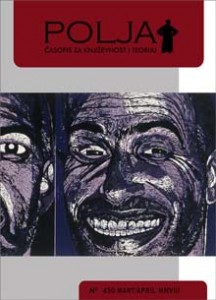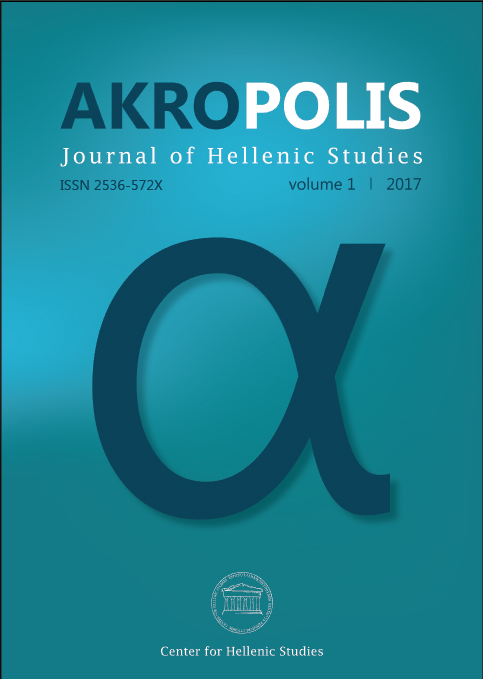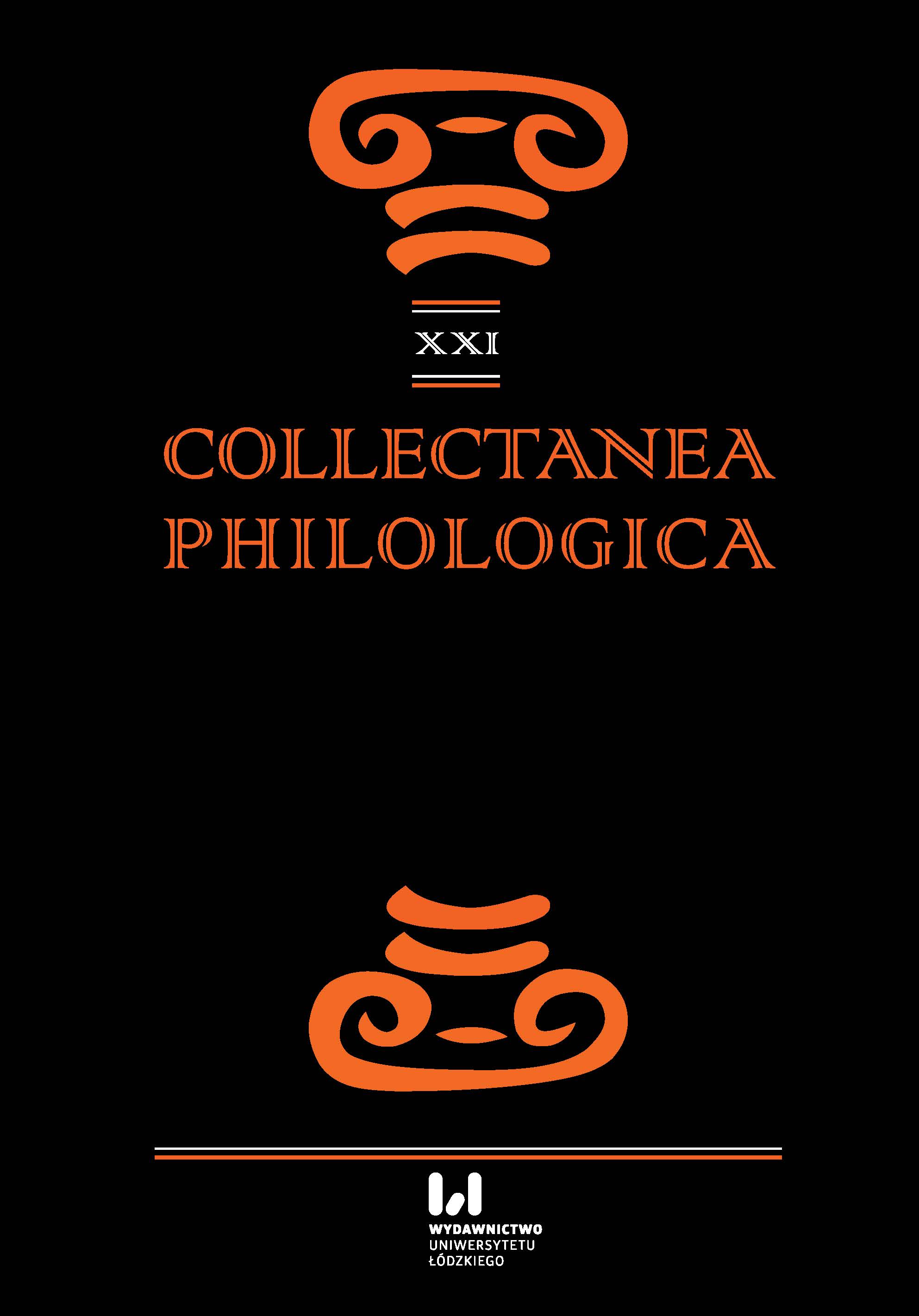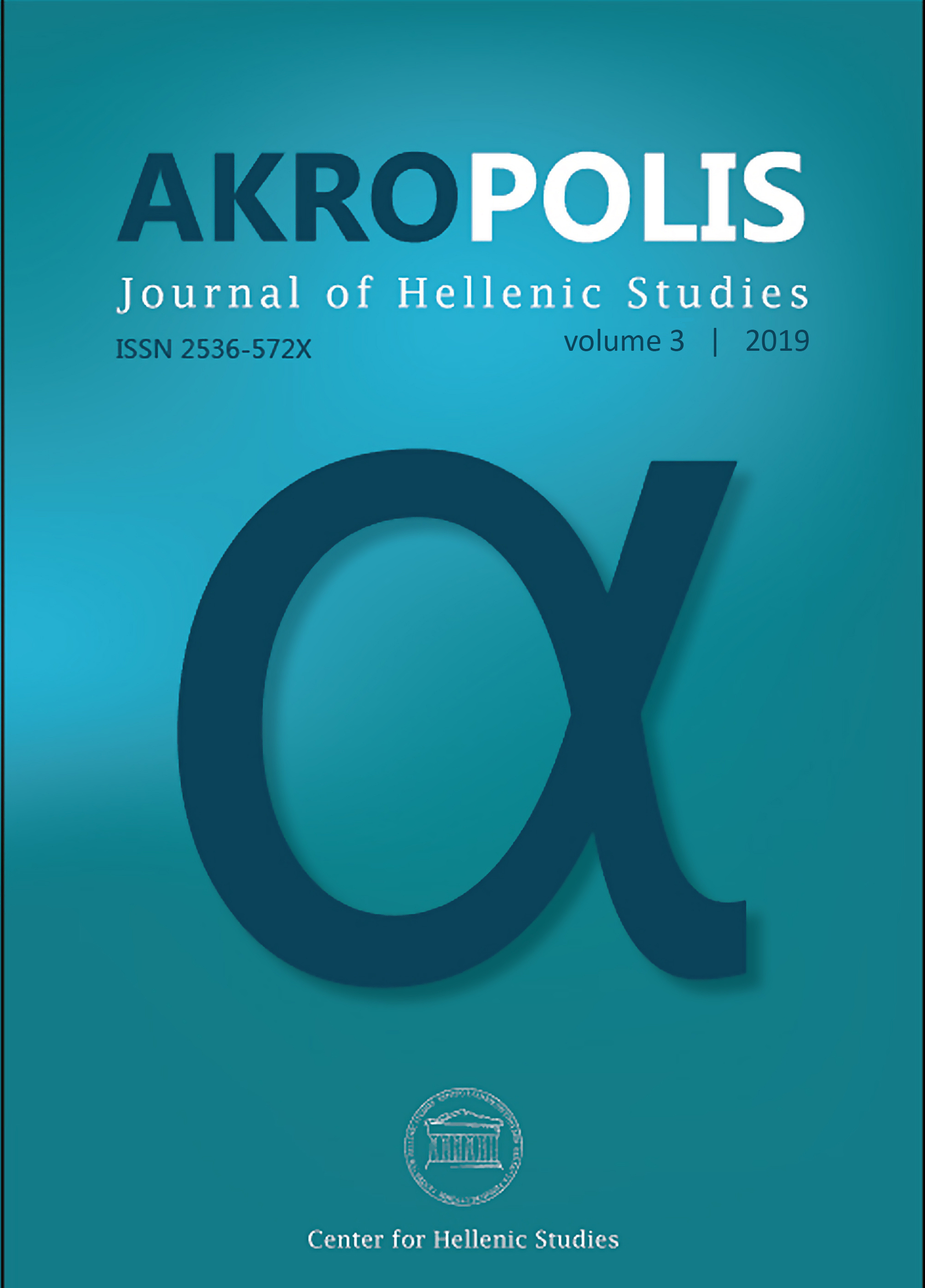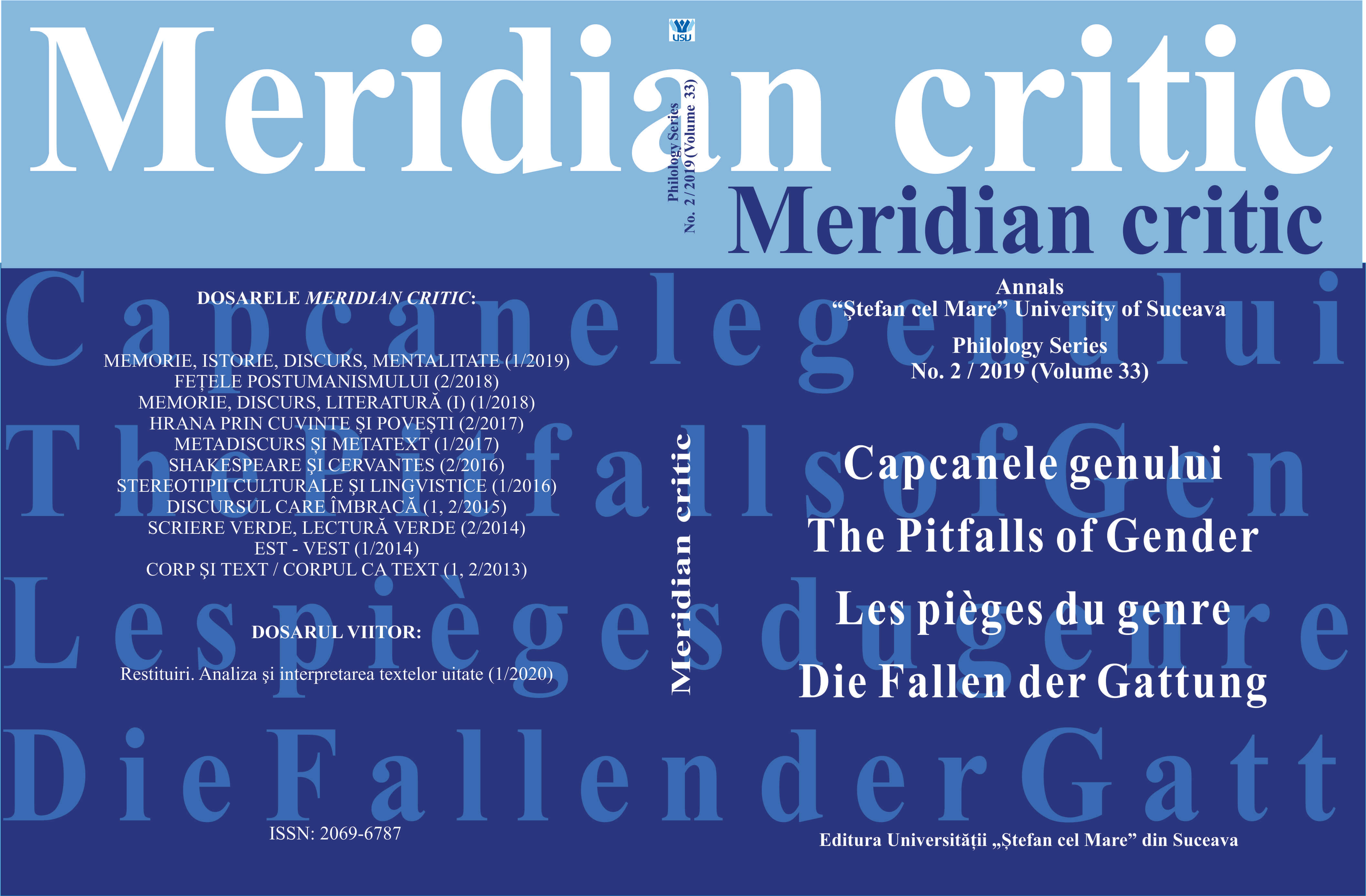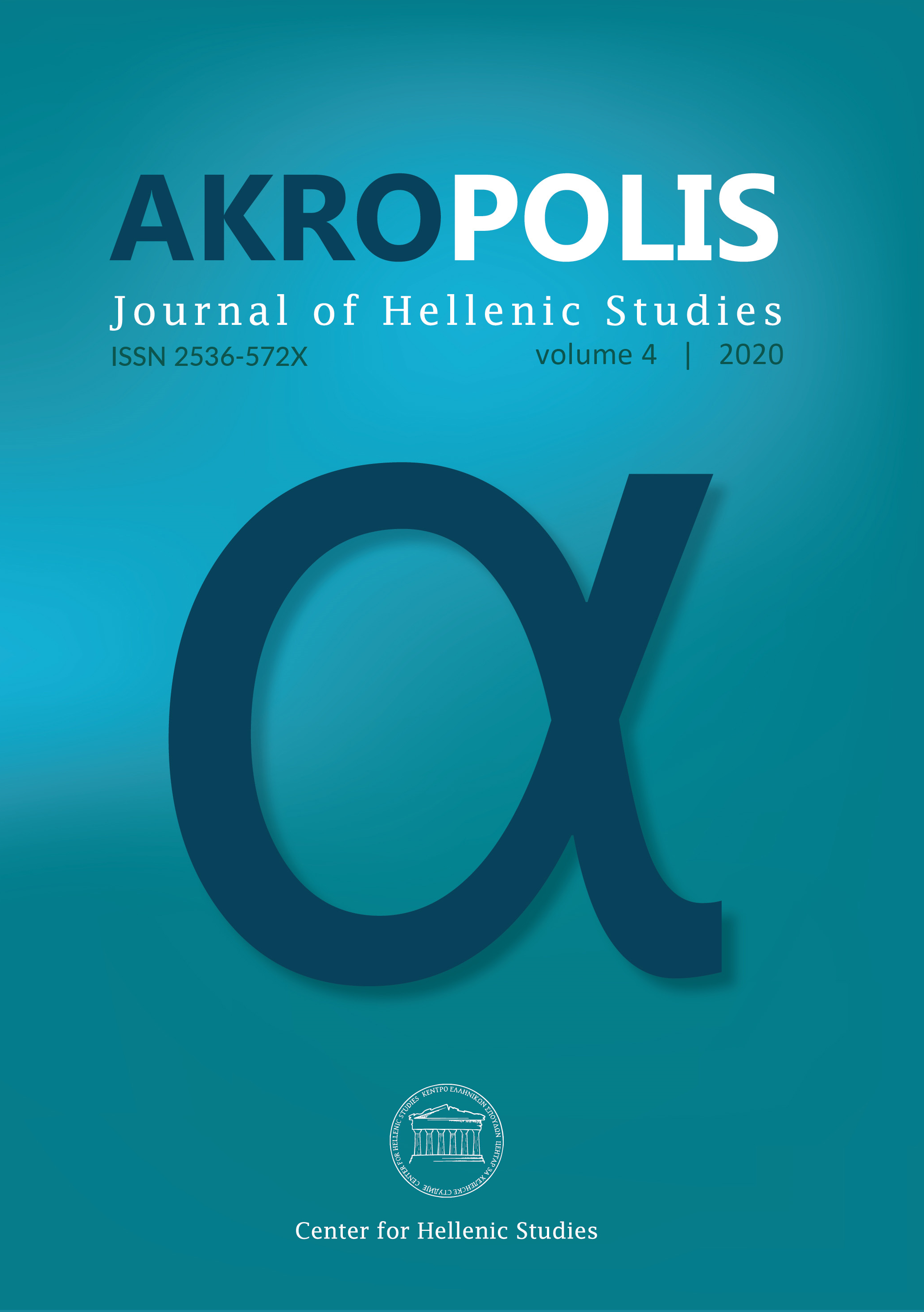Author(s): Krzysztof Narecki / Language(s): Polish
Issue: 1/2018
Study on the concept of mneme – “memory” in the plays of Euripides is a continuation of our research (based on the works of Greek tragedians), whose aim is not only to establish meanings, especially new ones, but also to define the role that this concept plays in the works of Euripides. Linguistic and literary analysis of 8 instances of a noun mneme shows that this concept reveals hitherto unknown semantic values and it also performs functions that are important for the plot. Among the meanings of mneme there are five new ones: (1) “testimony, proof” (Suppliant Women), whose role is a ‘media’ message to guarantee the preservation of memory about Theseus’ feats among descendants, (2) “account, balance” (Heracles), rational argument, which the hero must use in a critical situation caused by divine power, (3) specific “history”, which creates the plot (Ion), (4) “reason, rightness” (Iphigenia at Aulis), i.e. evidence of predominance of the woman over the man (in terms of character), (5) “image”, twice in this sense (Iphigenia at Aulis): 1. as a panorama, vivid memory of panegyric and cognitive nature (Greek expedition), 2. as scenes from Iphigenia’s childhood cited in order to change the decision of Agamemnon. In addition to the new ones, Euripides also uses known meanings: mneme with negation, i.e. the lack of “mentions, memories” (= concealment) becomes an important element of the plot of Helen, guaranteeing its happy ending; in turn mneme as Kreon’s “thought” is a tool for mastering feelings and influencing the development of stage events. All meanings defined by Euripides can be divided into two groups. The first group includes meanings that have rational value: (1) “account, balance”, (2) “thought”, (3) “reason, rightness”. In the other group there are expressive meanings: (1) “testimony, proof”, (2) “mention, memory”, (3) “history”, (4) “image”. Undoubtedly, Euripides not only broadened the semantic scope of the concept of mneme, introducing its new values, but creatively used them in his plays, whether to describe the main characters, or as an element influencing the action, or finally as a testimony of the past that is important for the plot.
More...
